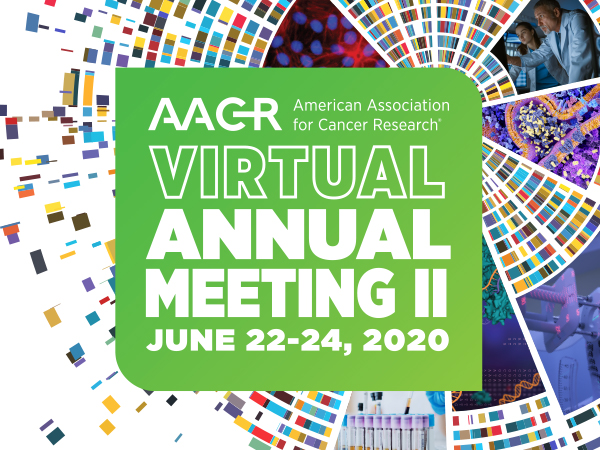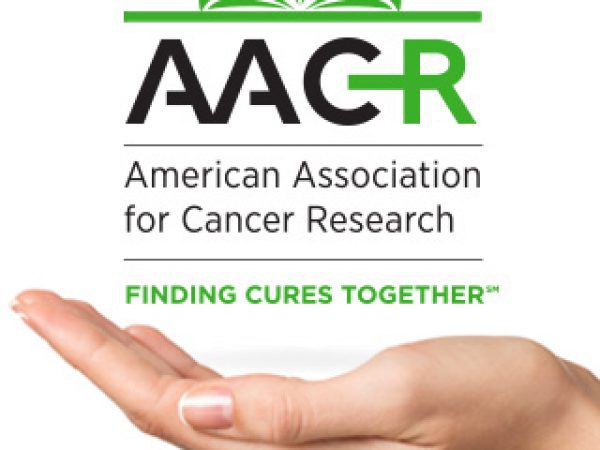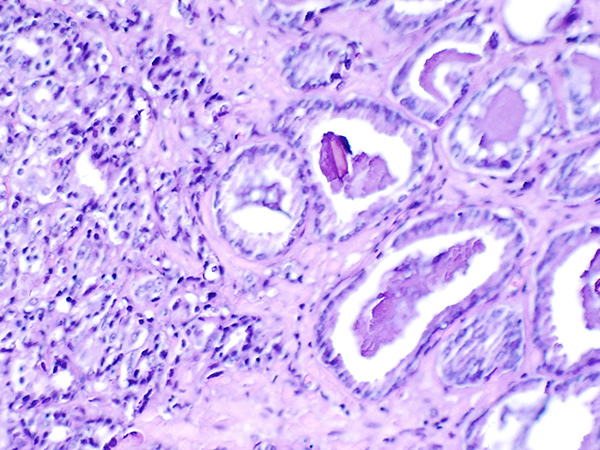AACR Project GENIE® Contributes Data to Global Hackathon
The term “hackathon” may conjure up images of beanie-wearing coders working in dark basements, trying to build a new social media platform or crack into networks, fueled by coffee and energy drinks. Increasingly, however, they have been deployed in the health care space to solve critical problems. In the early days of COVID-19, hackathons took aim at a wide range of pandemic-related issues. More recently, a hackathon used AACR Project GENIE® in a quest for solutions for neurofibromatosis, a rare but devastating diagnosis.
Neurofibromatosis causes tumors to grow on nerves throughout the body. With fewer than 200,000 people in the United States living with this disease, neurofibromatosis receives little research funding, and there is no known cure.

This fall, the Children’s Tumor Foundation set out to spark a round of innovative brainstorming for improved drug targets and better classification of neurofibromatosis tumors and variants. They launched a global genomic data hackathon, dubbed Hack4NF, giving researchers, data analysts, genomic experts, computational biologists, statisticians, health care startups, and hackathon enthusiasts access to valuable genomic information from patients with this rare disease. Along with AACR Project GENIE®, a publicly accessible cancer registry of real-world genomic information assembled through data sharing between 19 leading international cancer centers, Sage Bionetworks and OpenCRAVAT also provided data for the hackathon.
For three weeks this fall, approximately 300 “hackers” worked on potential solutions to many of the problems neuroblastoma researchers face. They mined deidentified patient data that encompassed demographic information and disease characteristics, such as mutation and copy number data, as well as information on structural variants and genomic coordinates.
AACR Project GENIE® data underpinned multiple projects and helped power at least one winning idea. A team called Next GeNLP won the Challenge 1 prize for their work, in which they built tumor sample embeddings by treating the mutated genes in a tumor sample like a sentence and applying techniques from Natural Language Processing (NLP). They then used these embeddings to predict a tumor’s cancer type and to find structure in the genetic profiles of tumor samples. This structure can potentially be used to identify neurofibromatosis tumor subtypes and to explore their relationship with the cancers that most typically arise from neurofibromatosis, according to the hackathon organizers.
The hackathon is an exciting new example of the way AACR Project GENIE® data can be harnessed to increase scientific knowledge and pave the way to new discoveries. Since its launch in 2015, AACR Project GENIE® has aggregated data from more than 100,000 patients, with more than 110,000 tumors. It has issued 12 public data releases, with the next release scheduled for January 2023. AACR Project GENIE® currently has more than 10,000 registered users and has been cited and/or used in nearly 800 studies.
“The GENIE data provides another knowledge turn in the virtuous cycle of research, accelerating the pace of drug discovery, improving the clinical trial design, and ultimately benefiting cancer patients globally,” said Shawn Sweeney, PhD, senior director of the AACR Project GENIE® Coordinating Center.
To learn more AACR Project GENIE®, please see our website. To learn more about the Hack4NF, read the press release from the Children’s Tumor Foundation.



